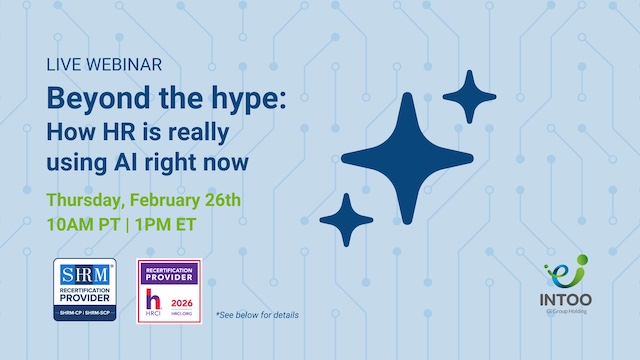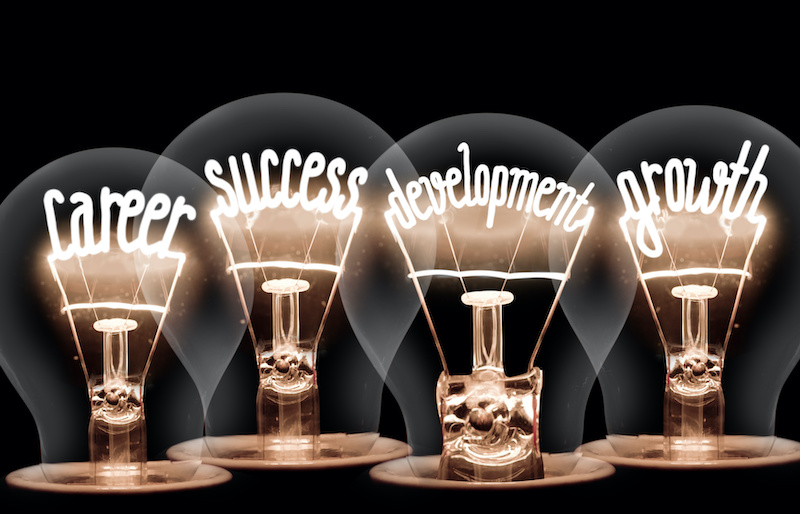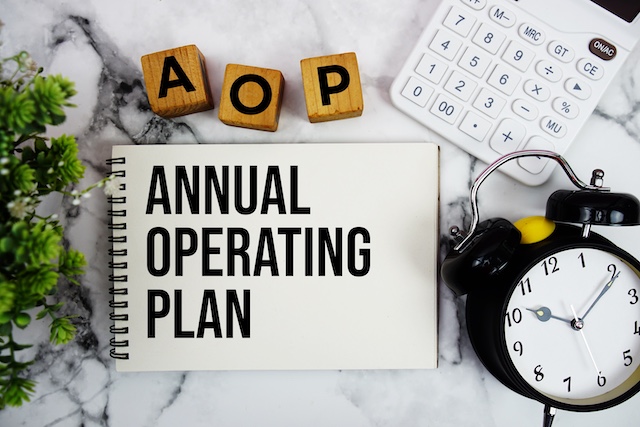In today’s fast-paced business environment, leadership is key. However, leadership is not usually a skill that is organically developed. On the contrary, while some personalities are better suited to leadership positions, the techniques, methods, and practices needed to produce exceptional leaders are typically taught. This is where leadership development comes in. Leadership development consists of the programs and management strategies an organization uses to shape employees into well-rounded individuals who are the right fit for its leadership positions. These activities focus on the essential skills that a leader requires to be effective and confident in their role. However, it’s important to note that effective leadership development can be achieved through multiple techniques and strategies. In this guide we take a look at some of the most effective ways to develop leadership skills within a business. We also explain how leadership development initiatives can positively influence employee engagement.
How to Develop Leadership Skills in 5 Steps
Developing leadership skills is an ongoing process that involves self-awareness, practice, and continuous learning. Here are some steps you can take to enhance the leadership skills of your employees:
1. Challenge your employees
One way to help your employees grow as leaders is to create a workplace where they can experience the responsibilities of your managerial positions. Periodically incorporating stretch assignments – that is, a project or task that is currently beyond an employee’s listed level of knowledge or skill – into your team’s workload can build their confidence in handling duties outside their comfort zone while teaching them soft skills such as problem-solving and critical thinking. Delegating important tasks to employees can also prepare them for the obligations associated with leadership roles.
 2. Provide coaching to employees
2. Provide coaching to employees
Career development coaching offers your team a personalized look into their strengths and areas where they could improve. Sessions can be tailored to each employee and can help them set goals that further their professional development. Regularly meeting with a career coach will also allow your employees to meet their goals, leading to increased confidence and more motivation in the workplace.
3. Expose employees to leadership roles
Employees don’t have to wait until they enter a managerial position to gain leadership experience. For example, a team member can be picked as a project manager in a department to learn about delegating tasks. Certain professionals may also be chosen to lead weekly meetings or give presentations to other leaders. Constructive feedback can be delivered to your employees by their peers and managers to gauge their performance in these roles.
4. Utilize skill-specific training programs
What are the qualities of a perfect leader? The answer may vary depending on your company’s culture or department-specific duties. Thankfully, there are career development training programs employers can use to teach the particular skills they want their employees to have for managerial roles. These lessons are available through seminars, online classes, and workbooks. You can prioritize which hard and soft skills employees develop based on which ones are most relevant to your organization’s leadership positions.
5. Offer mentorships
Mentorships are another type of effective program employers may use to teach aspiring leaders about their future positions. Mentors are in-house guides who can become role models for your professionals and a reliable source of feedback. Those who become mentors offer employees a real-life example of how to behave and work as a leader. Companies can choose to use informal or formal mentorship programs for their team.
 When to Use Coaching as a Leadership Development Tool
When to Use Coaching as a Leadership Development Tool
It’s never too late to introduce coaching as a leadership development tool. Providing your high-potential employees with access to an expert coach can immediately begin preparing them for managerial roles within your organization. Even if an employee has been with you for a long time, it’s still immensely beneficial to identify their current career aspirations and potential areas where they can improve. A coach then can help the employees set specific goals to develop the needed skills to advance into a leadership position.
You can also use coaching services when employees start at your company. New hires can work with professional coaches to determine their career goals, which will help reveal which team members are interested in upward advancement. The leadership skills these employees need to learn can be taught to them as they grow with your organization.
Do Leadership Development Initiatives Influence Employee Engagement?
The leadership development practices you incorporate will have a positive impact on employee engagement. Offering specialized training to professionals will help them feel valued by you as their employer, making them more likely to stay committed to the company. Having a clear path to advancement within the organization can also help employees feel invested in the company’s success and motivated to be involved in its achievements. To find out how INTOO can help your business achieve its leadership development goals, get in touch with our team today.


 2. Provide coaching to employees
2. Provide coaching to employees When to Use Coaching as a Leadership Development Tool
When to Use Coaching as a Leadership Development Tool








